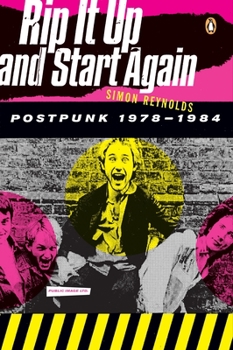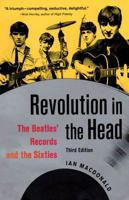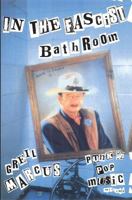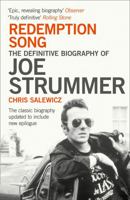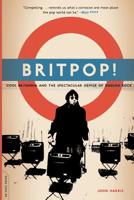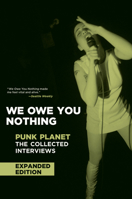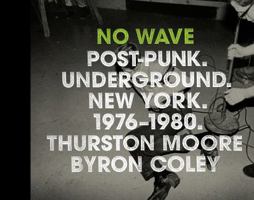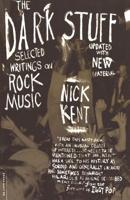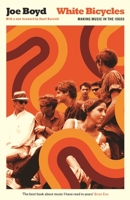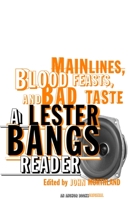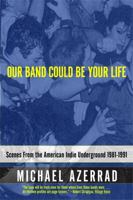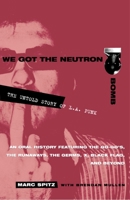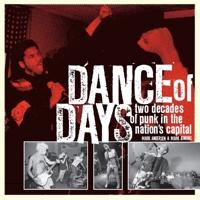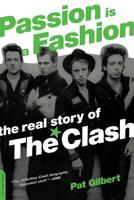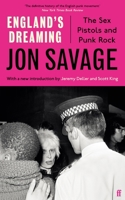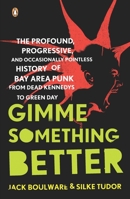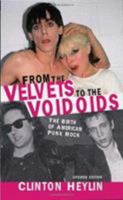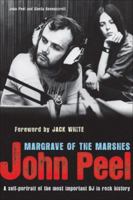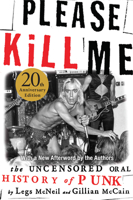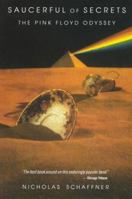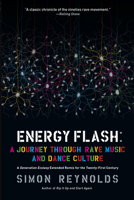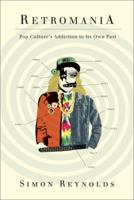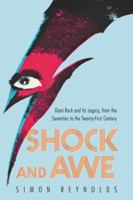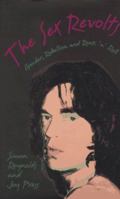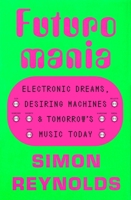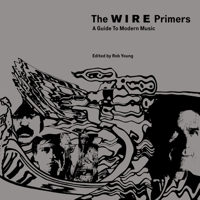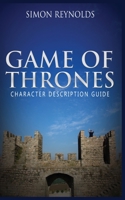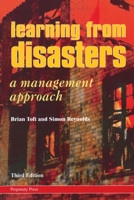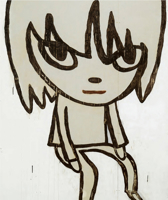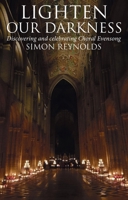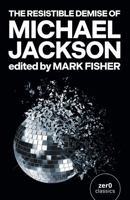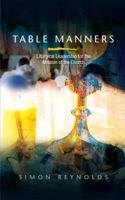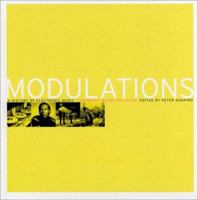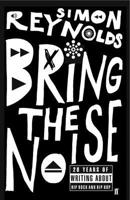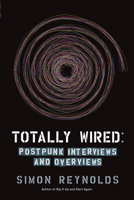Rip It Up and Start Again: Post-Punk 1978-84
Select Format
Select Condition 
You Might Also Enjoy
Book Overview
Customer Reviews
Rated 5 starsA great read
Reynold's book is a fascinating and thoroughly enjoyable read- far more so than it ought to be, given its length (well, the UK version anyway, which runs to over 540 pages), and the fact that the book's momentum is carried forward more by the author's enthusiasm and writing ability than by any compelling thesis. Reynold's claim is that the late 70s/early 80s was a kind of golden era for music, a claim which hardly holds...
1Report
Rated 5 starsSeems Great
Let me admit right up front that I am not a fan of 95% of the music chronicled in this book. But several of my friends are, so I thought I'd dip into it to see if it would make a nice gift. With that in mind, I read the one chapter that covers music I really love, the chapter about the rapid rise and fall of the 2-Tone ska movement. Those twenty pages were enough to convince me that Reynolds is best kind of music writer, able...
1Report
Rated 5 starsGreat book with only a few omissions....
Wow, a book that actually means something! This has been quite an enjoyable read, picked it up last Monday and was finished by Thursday morning. Reynolds is quickly becoming my fave writer of the last ten years... he truly does his homework and included some fascinating interview snips and historical anecdotes that really makes this era come alive. I feel those years were the best for quality experimental music too and...
1Report
Rated 5 starsAwesome; Must-Read
I had read Reynolds' impressive "Generation Ecstasy" and been awed at the job he did there encapsulating and providing rationale for an entire musical movement. When I heard that he was going to write this book and speak to the incredibly fertile "post punk" years, I was very excited. As should we all be. And, it's a great book full of insight. Reynolds' level of ambition and capability eclipse any other writer who has...
0Report
Rated 5 starsThe Post-Punk Encyclopedia
"Rip It Up" is the rarest kind of rock and roll book: You are a smarter person for having read it. While reading about, say, Liquid Liquid, it became clear that I understand much better not just how popular music evolved but how popular culture itself was warped and evolving during the late seventies and early eighties. If punk music represented the death of the popular music of the era (disco, easy listening, ELO-style...
1Report











